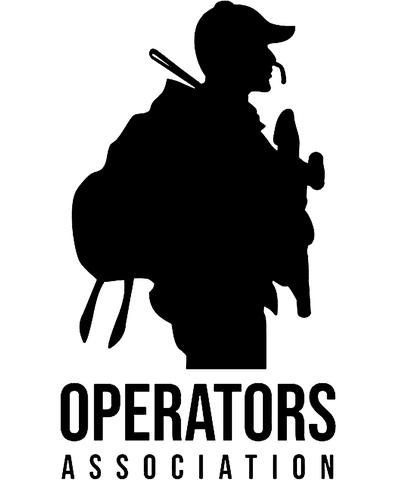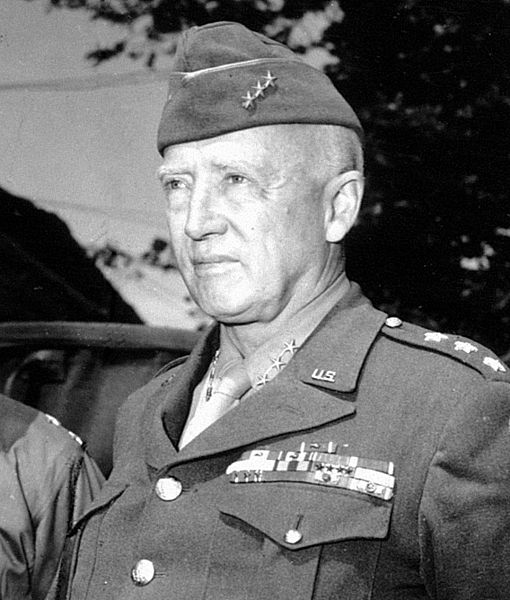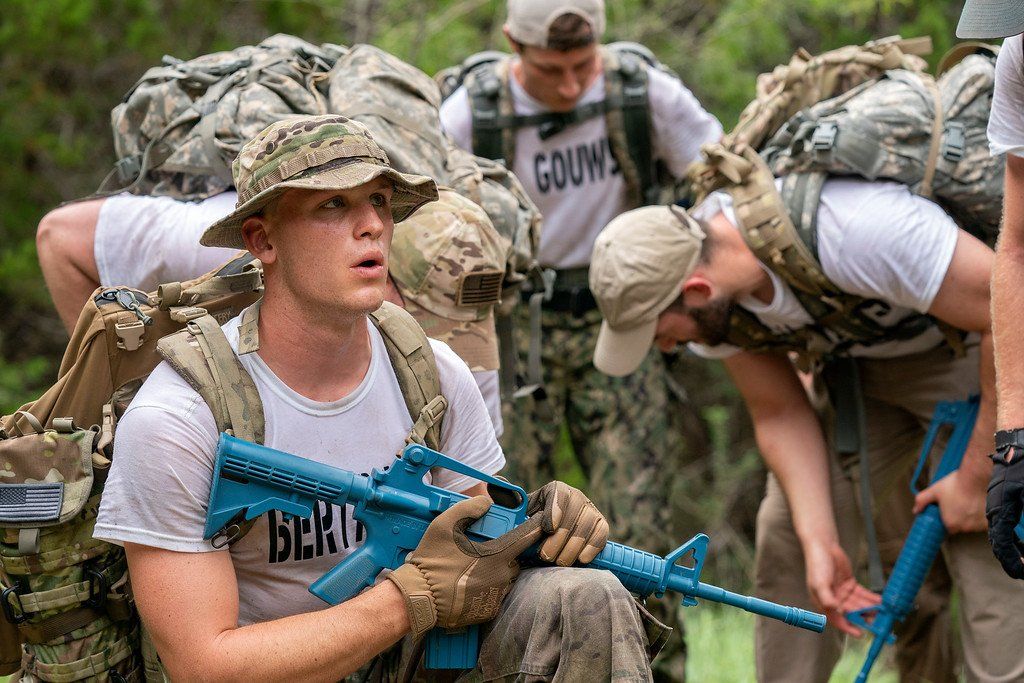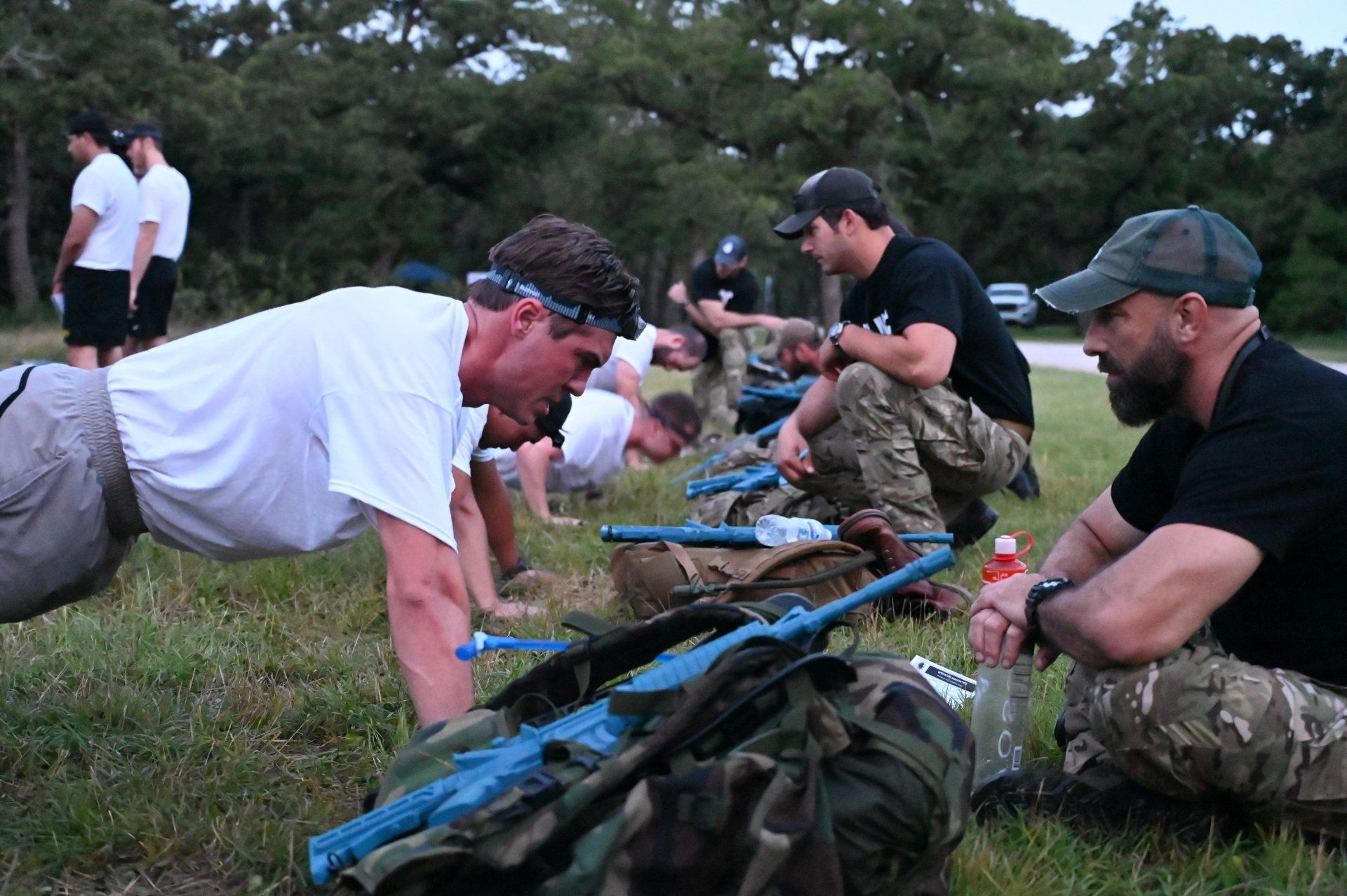14 Traits That Make You a Leader
Jun 25, 2021
14 Leadership Traits that Every Marine Must Have
Although United States Marines work in a variety of roles and boast an impressive skill-set, every Marine leaving boot camp has two things in common. The first, of course, is that every Marine is a rifleman. But the second, equally crucial aspect of a Marine is that every Marine is a leader.
Although newly-trained Marines leaving boot camp might not have much authority or leadership over anyone, every Marine is expected to be a competent and confident leader. If a squad leader is killed or injured during an operation, even the newest Marine must be able to take ownership of the situation, delegate tasks, and help his team succeed.
Leadership is so integral to Marines that the Corps has adopted a list of 14 traits that every effective leader must possess. Start applying them in your daily life to become a leader in your community and drive your team’s success. Here’s an explanation of each:
Loyalty
A Marine leader must be loyal not only to his country and Corps but also to his men. This means that the Marine follows the orders of his superiors and acts in a way that benefits the purpose of the United States. He must also show loyalty to his subordinates by supporting them, helping them improve, and listening to their input.
Enthusiasm
Although enthusiasm isn’t usually the first trait associated with a leader, it is crucial to a Marine’s ability to accomplish his mission. When the Marine Corps refers to an enthusiastic leader, they don't mean a person who is running around excited for the next assignment. They are referring to the enthusiasm that comes from an unwavering belief in his purpose and the purpose of the Corps. An enthusiastic Marine is willing to work hard and sacrifice to accomplish the mission at all costs.
Knowledge
Knowledge is one of the greatest assets a Marine can have on the battlefield. This includes everything from understanding the mission objective to knowing the geography of the battlefield and being able to utilize all of his equipment. Marine leaders who invest time in improving their knowledge are more informed, willing, and capable of making difficult decisions in the heat of battle.
Courage
Courage is not the absence of fear. It is the choice to act despite fear. A courageous Marine leader can make and take ownership of difficult decisions. In situations where others would run away, a brave Marine chooses to move forward and accomplish the mission despite the risk of failure. He inspires his subordinates to push toward the objective despite fear. Courage is also the ability of a leader to realize that he is wrong and that he must ask for help or even relinquish leadership for the benefit of the team.
Unselfishness
Selfishness is one of the worst possible traits in a leader. A Marine leader understands that although he is in charge, he is not special. Being in a position of superiority doesn't mean that he is exempt from hard work, risk-taking, or struggle. A leader must never order his subordinate to perform a task that he would be unwilling to perform himself. A leader who uses his status to avoid hard work or struggle at the expense of his subordinates will quickly lose legitimacy in the team.
Bearing
A Marine with bearing is a warrior who ensures that the ways he carries himself, speaks, and acts are beneficial to his country, Corps, and mission. A leader must never behave in a way that could threaten the integrity of the Corps or put it into disrepute. This includes everything from having an organized rack and living quarters, to cleaning his weapons and equipment, to ensuring that his uniform meets the highest standard of appearance.
Endurance
Endurance doesn’t only refer to physical resolve. It means that a Marine is also psychologically prepared to act. A leader in the Marine Corps accomplishes his mission and carries out his duties regardless of difficulty. If an objective must be achieved, it will be achieved – end of discussion. Endurance also requires a leader to be willing to take ownership of and carry out his subordinate's responsibilities if they can't perform them.
Integrity
A Marine with integrity is honest and dedicated to the Corps’ virtues. He carries out his responsibilities as a leader and sets standards for himself, not because he is ordered to, but because he believes in his team’s purpose. Integrity also means that a Marine acts with honor and respects his superiors, subordinates, family, and civilians. A leader with integrity can also inspire others to hold themselves to a higher standard and act with greater integrity.
Tact
Although a leader must be honest, he must avoid being brash or offensive. A tactful leader can speak to superiors and subordinates in a way that avoids conflict, benefits the mission, and creates trust in the community. A Marine is a feared warrior, but he must have the ability and discipline to choose his words wisely and speak in a way that maximizes communication while minimizing conflict.
Decisiveness
A Marine leader must be aware of his mission, understand its implications, and make timely decisions to accomplish it. A decisive leader does not make impulsive decisions in the heat of the moment. He takes his time to make an informed decision and ask his subordinates for input, but once the decision is made, the leader carries out the plan with the highest degree of aggression.
Initiative
A Marine who takes initiative is proactive with his leadership. He does not wait for problems to get out of control before fixing them. Instead, he works and communicates closely with his team to identify and remedy potential troubles before they boil over. By taking an aggressive approach to leadership, the Marine ensures that a mission is carried out to the highest possible degree of efficiency.
Dependability
A marine must be dependable – even under the stress of combat. His subordinates and superiors must be able to trust the Marine to carry out his duties and strive for excellence regardless of how demanding a situation is. A leader lacking dependability is unpredictable and inconsistent in his performance – making him a liability to those around him.
Judgement
A Marine must have the ability to assess stressful circumstances quickly and react accordingly. The ability to “detach” and take a holistic view of a situation during combat saves lives. Marine leaders understand that they don’t always need to be shooting at the enemy during an engagement. A few extra bullets headed in the enemy’s direction are negligible, but an informed decision in the heat of battle is invaluable.
Justice
All of the above leadership skills come together in the final Marine leader trait: Justice. Justice is the ability of a leader to be fair in his actions and decision-making. Whether a Marine leader is assigning tasks or administering punishments, he must act justly. An unjust leader immediately loses legitimacy in the group and opens the door for a potential mutiny – he loses the confidence of his subordinates and the respect of his superiors. A just leader can also hold himself accountable when his performance is unsatisfactory.
These are the 14 traits that all United States Marines must have as leaders. If even a single aspect of leadership is missing, the leader loses legitimacy in the group and creates conflict.
Start applying these 14 traits in your daily life. When you go to special forces selection, you will immediately stand apart from the crowd.
If you’re looking for ways to develop your endurance, accountability, and adaptability, become an OA Aspiring Operator today. You will meet a community of 900+ current and future operators who will lead you on your journey to becoming a better leader and operator!








